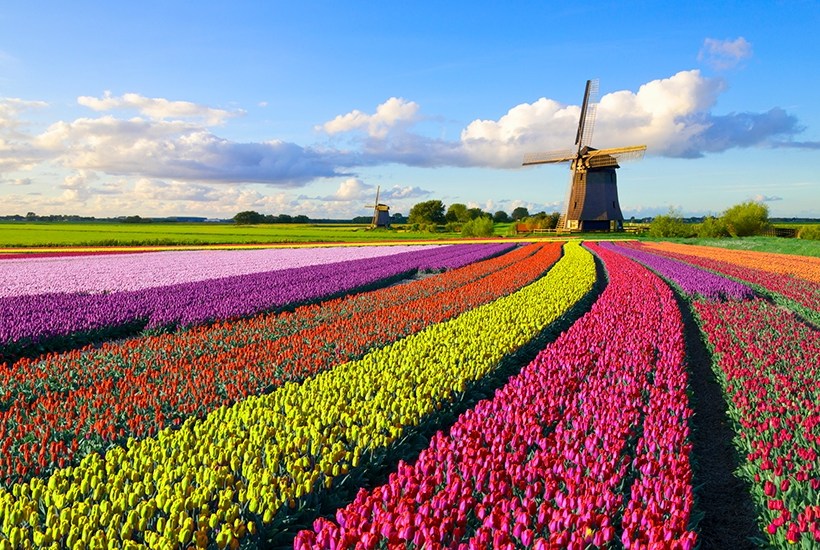The title of the keenly awaited volume of memoirs by John Martin Robinson sounds like a crossword clue: Holland Blind Twilight. Would that be a Dutch kind of unseeing twilight or a drinking-session blind at twilight when Hollands gin is consumed?
Of course not! It’s plain enough. Blinds are often made of Holland, a linen fabric. When unbleached it’s brown Holland. Holland came from Dutch Holland in the 15th century. Holland is also one of the Parts of Lincolnshire, the other two being Lindsey and Kesteven. The Parts of Lindsey are divided into Ridings (West, North and South, unlike Yorkshire). A riding is a third, from trithing a Norse affair, or in Old English thriding. One can see how the geographical designations (West, North) collided and lopped off the initial th-.
When Shirley Williams’s mother Winifred Holtby wrote a novel South Riding, she never dreamt that Yorkshire would establish a real South Riding, making four nonsensical ridings. They should now be Farthings (as some bits of land are called, which Tolkien knew). In Canada they have ridings of any number. So much for Canada.
Holland, Lincolnshire, was divided into Elloe, Kirton and Skirbeck, wapentakes, so-called from the taking or brandishing of weapons at gatherings. Lincolnshire’s wapentakes, the equivalent of hundreds in most other counties (though Sussex has rapes) are not quite that simple because Grantham, Horncastle and Bolingbroke are sokes. Peterborough is a soke too, which kept it distinct from Northamptonshire. A church-soken is a parcel of church land and the word pops up in place-names like Thorpe-le-Soken.
Anyway, Holland in Lincolnshire is said to take its first syllable from an Old English word, holl, ‘hollow’, perhaps related to Latin cavus and certainly to hole. The trouble is that Holland, Lincs, was called Hoiland in Domesday Book. That also snookers those who think it comes from hoh-land, where hoh, as in Plymouth Hoe, is a spur or heel of land.
So, who knows? But Dutch Holland is, as it were, holt-land, a place of woods and fens, and, each morning and evening, twilight too.
Got something to add? Join the discussion and comment below.
Get 10 issues for just $10
Subscribe to The Spectator Australia today for the next 10 magazine issues, plus full online access, for just $10.
You might disagree with half of it, but you’ll enjoy reading all of it. Try your first month for free, then just $2 a week for the remainder of your first year.















Comments
Don't miss out
Join the conversation with other Spectator Australia readers. Subscribe to leave a comment.
SUBSCRIBEAlready a subscriber? Log in